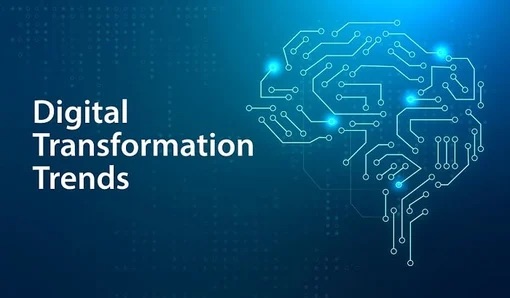Digital transformation is no longer optional — it is essential for businesses seeking growth, efficiency, and competitiveness. As we approach 2025, several key trends are shaping how organizations leverage technology to transform their operations and customer experiences.
1. AI-Powered Decision Making
Artificial intelligence continues to revolutionize business processes. From predictive analytics to intelligent automation, AI enables companies to make faster, data-driven decisions, optimize resources, and improve customer experiences. By 2025, AI will be deeply integrated into operational and strategic workflows.
2. Hyper-Personalized Customer Experiences
Customers expect more personalized interactions than ever before. Businesses are leveraging data, machine learning, and AI to offer tailored recommendations, dynamic pricing, and individualized marketing messages. Hyper-personalization will be a defining factor in customer loyalty and brand differentiation.
3. Expansion of Remote and Hybrid Work Technologies
The shift to remote and hybrid work models is here to stay. Advanced collaboration platforms, virtual workspaces, and cloud-based productivity tools will continue to evolve, enabling teams to work efficiently and securely from anywhere, while maintaining engagement and culture.
4. Increased Focus on Cybersecurity and Data Privacy
As digital adoption grows, so do cyber threats. Organizations are prioritizing cybersecurity, zero-trust architectures, and robust data privacy practices. Compliance with evolving regulations and proactive risk management will be critical to maintaining trust and protecting sensitive information.
5. Integration of Emerging Technologies
From blockchain and IoT to augmented reality (AR) and digital twins, emerging technologies are being integrated into core business operations. These technologies offer new ways to optimize supply chains, enhance customer interactions, and create innovative products and services.
Conclusion
Digital transformation in 2025 will be defined by intelligent automation, personalized customer experiences, flexible work models, strong cybersecurity, and the integration of emerging technologies. Businesses that embrace these trends proactively will position themselves as leaders in their industries, driving growth and long-term success.



